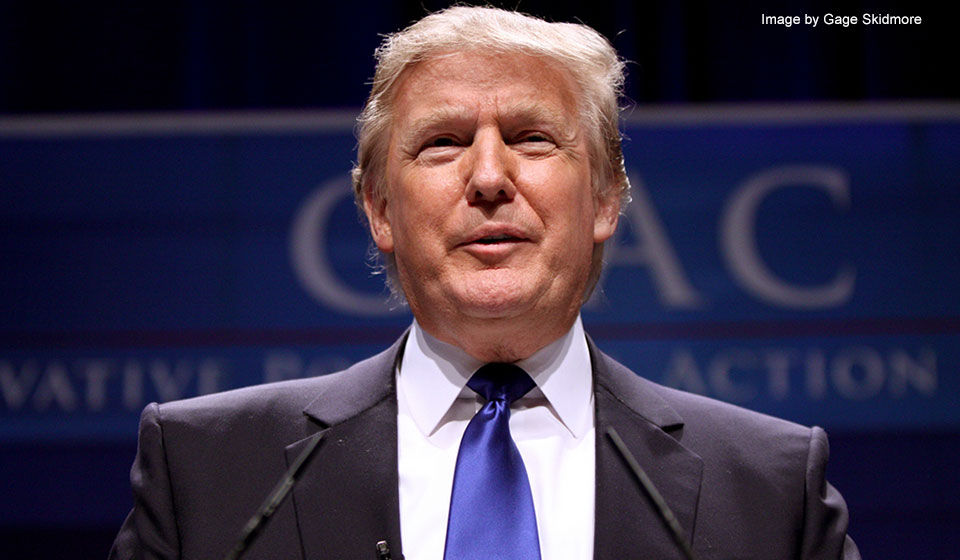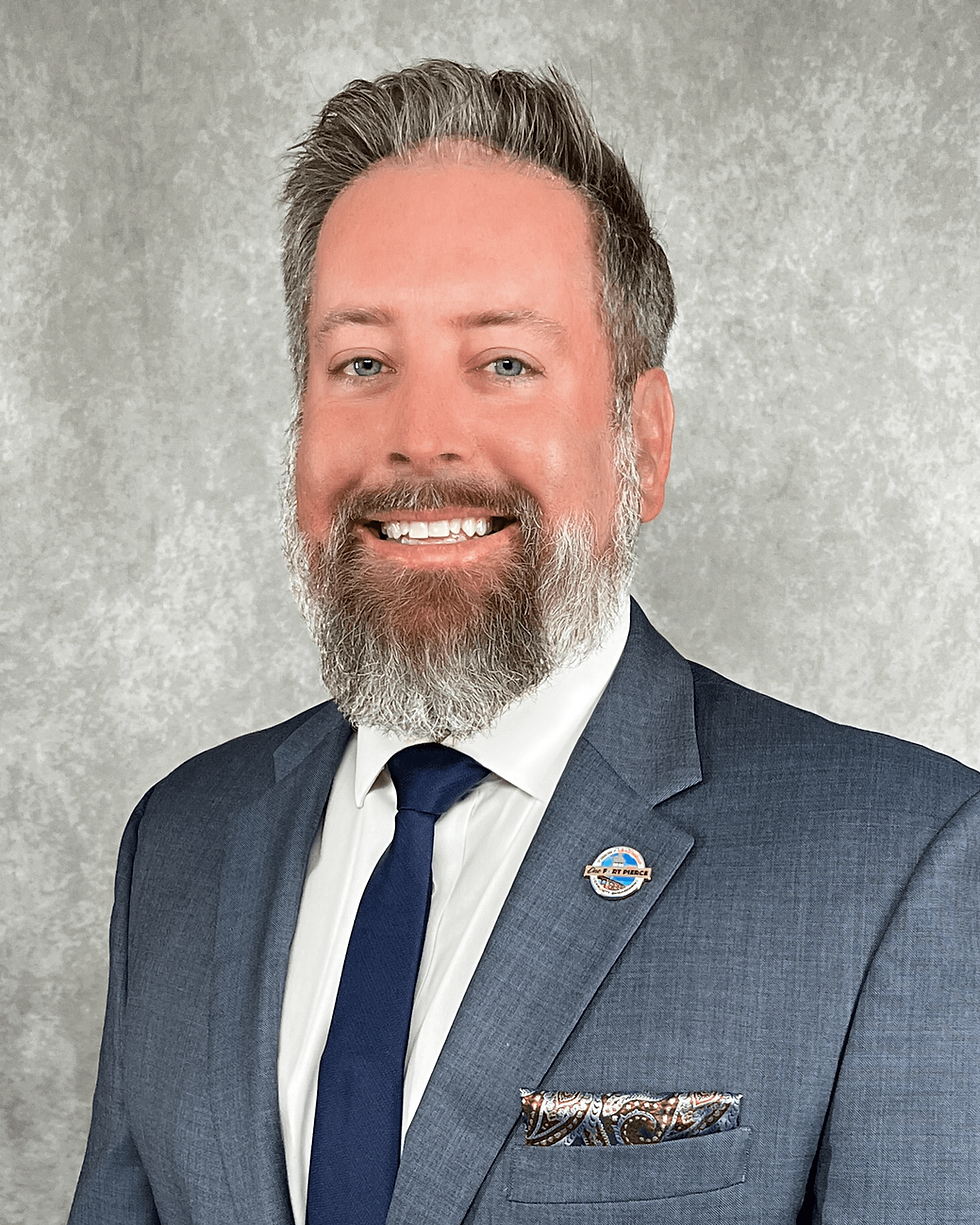Trump’s Attorneys Conclude Immunity Would Allow Him To Murder Political Rivals
- Jessiah Eberlin

- Jan 9, 2024
- 2 min read
Donald Trump personally attended a hearing before a D.C. appellate court in which his attorneys asserted that the former president is entitled to absolute legal immunity—even if he murdered political opponents while in office.
It was a shocking admission under relentlessly skeptical questioning from a three-judge panel.
Trump’s claims of presidential immunity go to the heart of his various legal troubles, particularly the two federal cases brought by Special Counsel Jack Smith.
His attorneys have asserted such immunity is sweeping, precluding criminal prosecution against Trump for any official action taken while in office.
Judge Florence Pan, appointed to the bench by President Biden, tested the limits of Trump’s theory as defended by his attorney, John Sauer.
Pan asked whether a president could be criminally prosecuted after he leaves office if he ordered S.E.A.L. Team 6 to murder a political rival.
A struggling Sauer replied (and reiterated) that the former president in question would first have to be successfully convicted in a Senate impeachment trial.
As Special Counsel Jack Smith and his team noted, the absurd proposition would effectively allow a president to operate unconstrained:
“Frankly, as I think Judge Pan’s hypothetical described, what kind of world are we living in if, as I understood my friend on the other side to say here, a president orders his S.E.A.L. team to assassinate a political rival and resigns for example, before an impeachment?” said James Pearce, one of Jack Smith’s lieutenants arguing in opposition. “Not a criminal act. President sells a pardon, resigns or is not impeached? Not a crime.”
“I think that is an extraordinarily frightening future and that is the kind of if we’re talking about a balancing and a weighing of the interests I think that should weigh extraordinarily heavily in the court's consideration.”









Comments